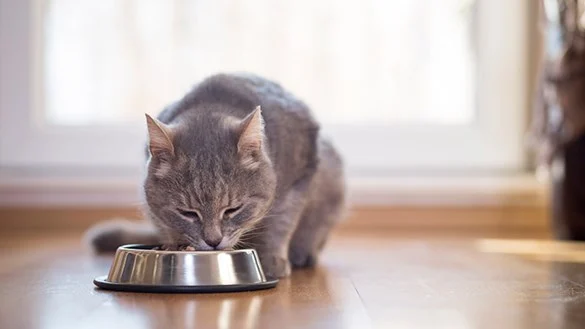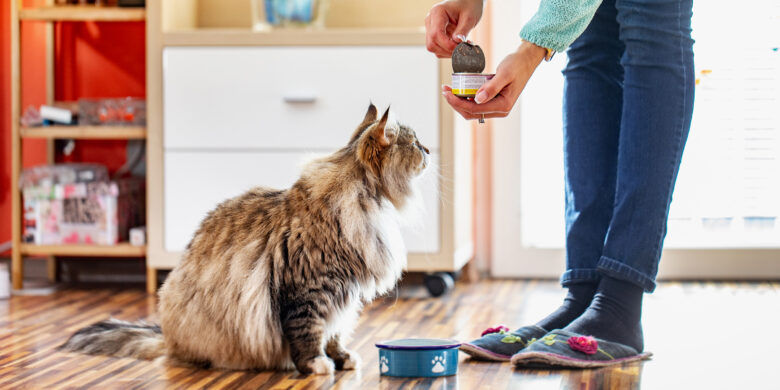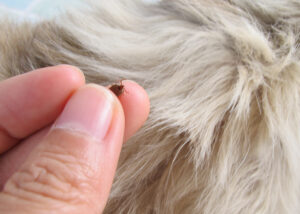Nutritious Cat Food Choices
Feeding Your Cat: Choosing Healthy Food
Feeding your cat a healthy diet is important for keeping them happy and well. Here are some recommended foods:
- High-quality commercial cat food: Choose cat food that meets quality standards and contains balanced nutritional ingredients. Look for foods with meat or fish as the first ingredient, and avoid those with by-products or unnecessary fillers.
- Lean meats: Lean meats like chicken, turkey, and rabbit are good options to include in your cat’s diet. Make sure to remove skin, bones, and seasonings before offering cooked meat. Avoid fatty meats like pork as they can cause digestive issues.
- Fish: Salmon, tuna, sardines, and trout are healthy options as long as they are cooked and boneless. It’s important not to feed your cat raw fish as it may contain harmful bacteria and parasites.
- Vegetables: Although cats are carnivores by nature, some vegetables can be added to their diet to provide additional nutrients. Examples include cooked pumpkin, grated carrots, and peas. Make sure to cook the vegetables before offering them to your cat for easier digestion.
- Eggs: Cook eggs thoroughly before giving them to your cat, avoiding the addition of oil or seasonings. Remember to remove the shell and cut the boiled egg into small pieces.
- Wet cat food: In addition to dry kibble, you can offer wet cat food in pouches or cans. These foods are rich in moisture and help ensure your cat is well-hydrated. They also typically have a softer texture, which is beneficial for dental health.
- Nutritional supplements: In some cases, your veterinarian may recommend adding nutritional supplements to your cat’s diet. This may include omega-3 supplements for healthy skin and shiny fur, or chondroitin and glucosamine supplements for joint health.
Keep reading about, Nutritious Cat Food Choices:
Remember that each cat is unique and may have specific dietary needs. Always consult your veterinarian before making any changes to your cat’s diet and for personalized recommendations based on their age, breed, health conditions, and individual preferences.
Avoid toxic foods for cats such as onions, garlic, chocolate, coffee, grapes, raisins, as well as any artificially sweetened food. Additionally, avoid feeding your cat with human food leftovers that may be high in fats, seasonings, and harmful ingredients. Balanced and appropriate feeding is essential to keep your cat healthy and happy throughout their life.
Organic foods: Some pet owners choose to offer organic foods to their cats, eliminating the use of pesticides, herbicides, and genetically modified ingredients. Organic foods can provide a more natural and healthy option for your cat’s diet, but it’s important to ensure they still meet the necessary nutritional requirements.
Specific food for spayed or neutered cats: Spayed or neutered cats have different nutritional needs compared to intact cats. They tend to have a slower metabolism and a higher risk of weight gain. Therefore, there are specific cat foods designed for spayed/neutered cats that help control weight and urinary health.
Read more about dogs, here!
Check the best cat food, here!




